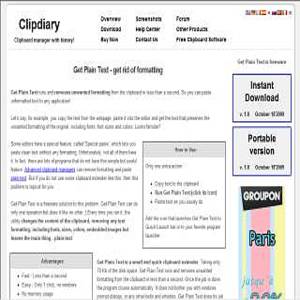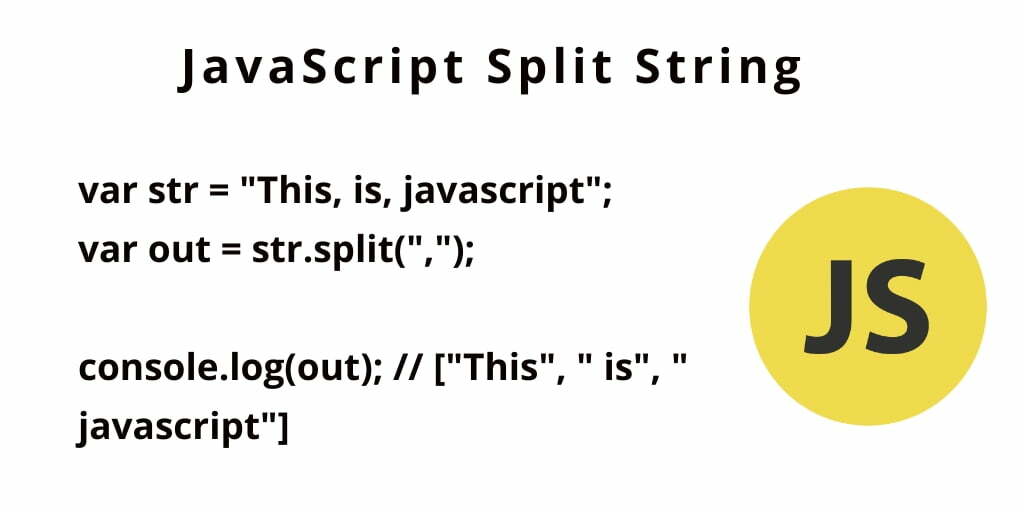

For some reason, none of the above responses mention that this works, I assume because the question seems to imply the tag specifically (for a similar technique may not be available I have not checked) however, I still think it is worth mentioning supposing your query pretains to the more general question of obtaining an external.
REQUEST JS GET PLAIN TEXT CODE
The above code does actually access the txtData.txt file (provided it exists) and dumps it into a as the default text. Var extText =. ĮxtText = extText.replace(//g, " ") ĭ = extText

This is because the text attribute is only set in inline scripts: Since the element is empty (you specified an external source), text, textContent and innerHTML are empty.

On setting, it must act the same way as the textContent IDL attribute. The IDL attribute text must return a concatenation of the contents of all the Text nodes that are children of the script element (ignoring any other nodes such as comments or elements), in tree order. DOM-Level-2 and HTML5: 4.11.1 both indicate that a script should have an attribute text which contains the scripts interior text: If (this.readyState = 4 & this.First of all, the textattribute of the HTMLScriptElement is the preferred method to access the text of an inline element. Xhttp.open("POST", "ajaxfile.php", true) If (this.readyState = 4 & this.status = 200) tRequestHeader('Content-type', 'application/x-www-form-urlencoded') Xhttp.open("GET", "ajaxfile.php?request=1", true)
REQUEST JS GET PLAIN TEXT PASSWORD
Encrypting the password before sending it in HTTPS doesn't accomplish much: if the attacker got their hands on the encrypted password they could simply use it as if it were the actual password, the server wouldn't know the difference. By default, 'application/x-– application/json, multipart/form-data, etc. The passwords are ultimately not plaintext, since the client-server communication is encrypted as per TLS. setRequestHeader() – This method is used to set Content-Type. Pass true for asynchronous and false for synchronous request. It is an optional parameter that takes Boolean value true or false.Pass parameter with URL on GET request – ajaxfile.php?name=yogesh&city=bhopal. Use XMLHttpRequest object to send AJAX request.
REQUEST JS GET PLAIN TEXT HOW TO
How to make an AJAX request with JavaScript $data = json_decode(file_get_contents("php://input")) If the INSERT query is executed successfully then return 1 otherwise 0. If $request = 2 then read POST values using json_decode(file_get_contents("php://input")).Īssign values to variables and prepare INSERT query. Initialize $response with id, emp_name, salary, and email keys. If $request = 1 then fetch all records from employee table and assign to $employeeData. Create a PHP file to handle AJAX requestĬreate 'ajaxfile.php' file to handle AJAX request.įor example purpose, I am handling both GET and POST requests in a single file.Ĭheck if $_GET is set or not if set then assign $_GET to $request. `id` int(11) NOT NULL PRIMARY KEY AUTO_INCREMENT,Ĭreate a config.php for the database connection.Ĭompleted Code using JavaScript and AJAX.Ĥ. How to make an AJAX request with JavaScriptĬreate employee table and added some records.Create a PHP file to handle AJAX request.


 0 kommentar(er)
0 kommentar(er)
